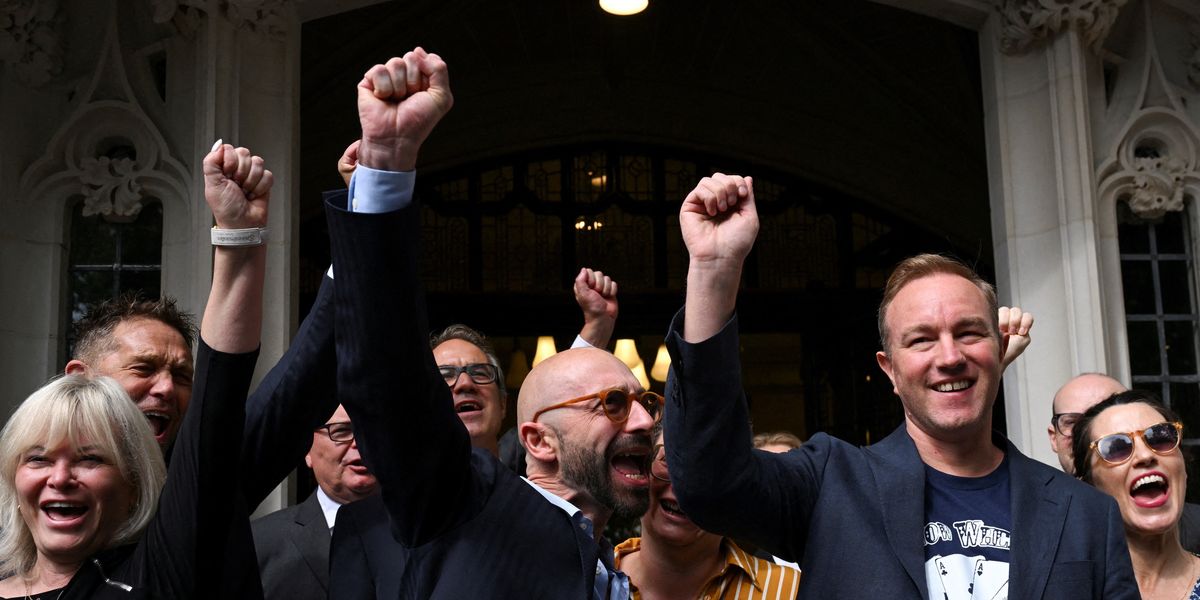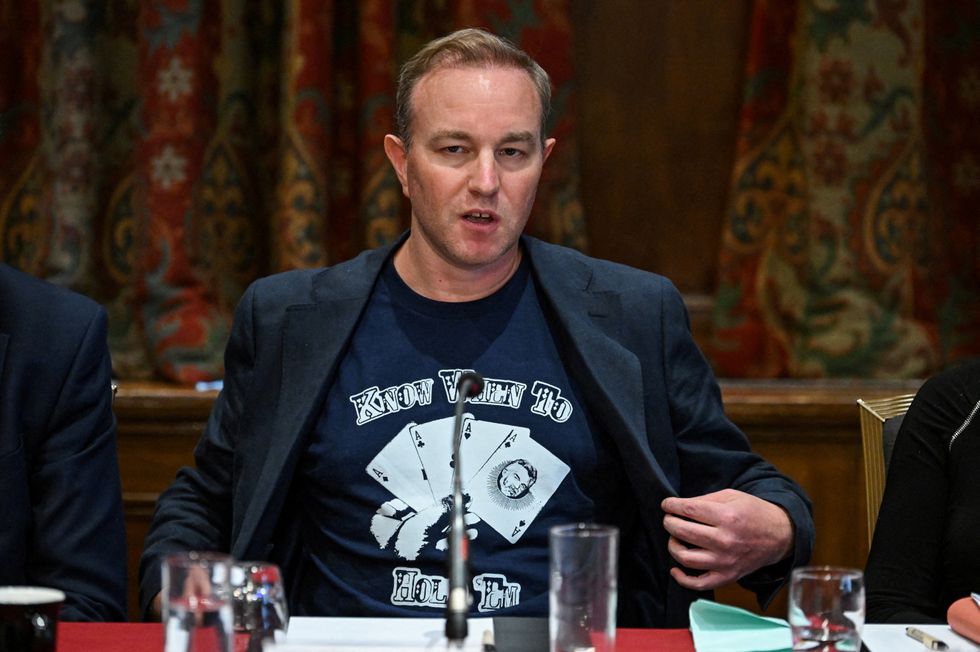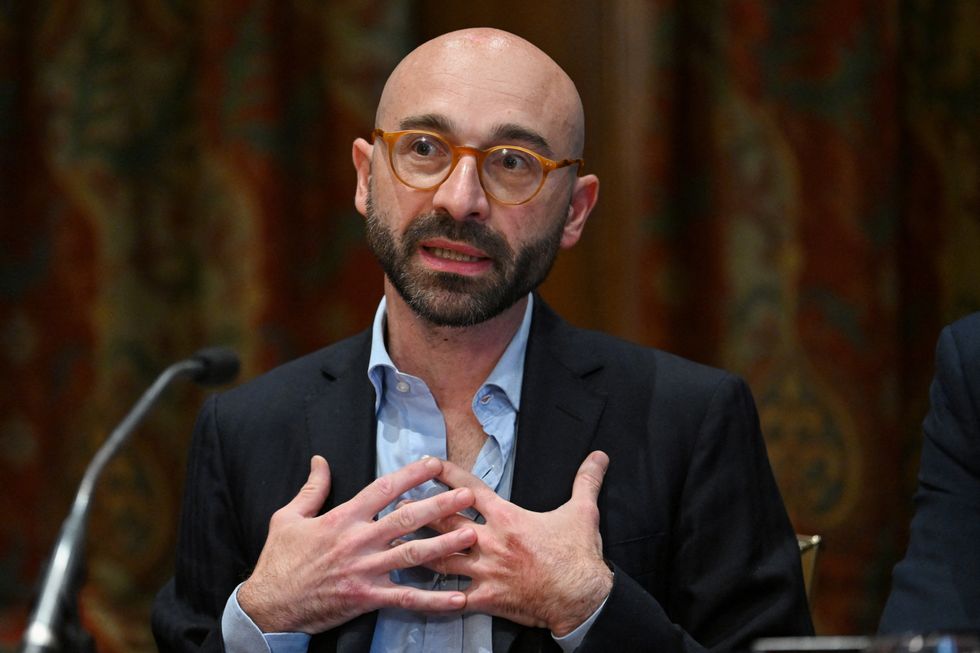



Two traders jailed for rigging benchmark interest rates have had their convictions quashed by the Supreme Court.
The Supreme Court ruled unanimously to overturn the cases against Tom Hayes, aged 45, and Carlo Palombo, aged 46.
Tom Hayes was handed a 14-year jail sentence, cut to 11 years on appeal in 2015, marking one of the toughest sentences to be imposed for white-collar crime in British history.
Hayes was found guilty on eight charges of conspiracy to defraud through Libor manipulation.

REUTERS
|Tom Hayes (pictured) during the overturned verdict
Ex-Vice President of Euro Rates at Barclays bank, Carlo Palombo, faced conviction in 2019 for his role in submitting false Euribor rates while working as a vice president at Barclays between 2005 and 2009.
The pair challenged their convictions after the Court of Appeal rejected their cases last year.
Hayes, the former trader at Citigroup and UBS, completed five-and-a-half years behind bars before his release on licence in 2021.
Palombo received a four-year prison term for his involvement in manipulating Euribor rates.
The Serious Fraud Office brought charges against 20 individuals between 2013 and 2019 as part of its investigation into benchmark rate manipulation, securing convictions against seven defendants at trial, while two others entered guilty pleas, and 11 were cleared.
Hayes expressed his reaction to the verdict, stating: "My faith in the criminal justice system at times was likely destroyed, and it has been restored by the justices from the Supreme Court today, and I think it's only right that more criminal appeals should be heard at this level."
He described experiencing an "incredible feeling" following the judgment.
Both traders have been characterised as fall guys for the 2008 economic collapse, with Hayes asserting: "We literally had nothing to do with it."

REUTERS
|Carlo Palombo previously received a four-year prison term
The five-judge panel determined that while sufficient evidence existed for potential conviction under proper guidance, errors in instructing the jury rendered both verdicts unsafe.
Lord Leggatt stated in the 82-page ruling: "That misdirection undermined the fairness of the trial."
The traders had contested their convictions by challenging the interpretation of Libor and Euribor definitions, arguing against an absolute prohibition on considering banks' commercial interests when establishing rates.
Hayes, described as a talented mathematician with autism, consistently claimed his requested Libor rates remained within acceptable boundaries and reflected standard industry practices endorsed by management at the time.
